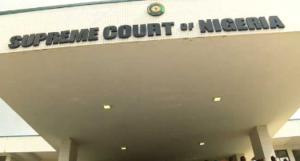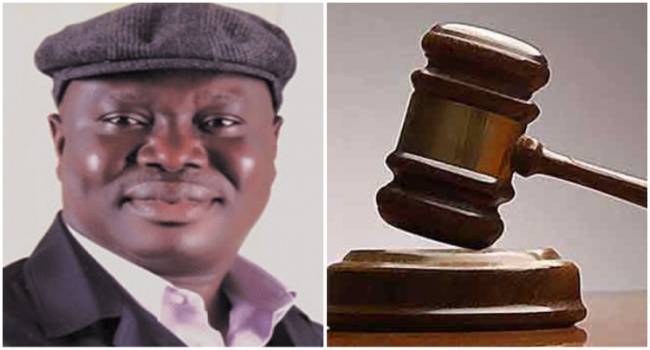In a significant legal development, the Federal High Court in Lagos has delivered a verdict that has captured public attention. Former Speaker of the Lagos State House of Assembly, Adeyemi Ikuforiji, has been acquitted and discharged of all 54 counts of money laundering charges brought against him by the Economic and Financial Crimes Commission (EFCC).
The court’s decision marks the culmination of a lengthy legal battle that began with allegations dating back several years. Throughout the trial, Ikuforiji maintained his innocence, asserting that the charges were unfounded and politically motivated.
Upon delivering the judgment, the presiding judge highlighted the lack of sufficient evidence to substantiate the allegations leveled against Ikuforiji. The ruling underscored principles of justice and due process, emphasizing the importance of evidence in criminal proceedings.
 The case has been closely watched by the public and legal observers alike, given its implications for the perception of accountability and the rule of law in Nigeria. It has also sparked discussions on the role of anti-corruption agencies and their methods in pursuing cases of alleged financial misconduct.
The case has been closely watched by the public and legal observers alike, given its implications for the perception of accountability and the rule of law in Nigeria. It has also sparked discussions on the role of anti-corruption agencies and their methods in pursuing cases of alleged financial misconduct.
Following his acquittal, Ikuforiji expressed gratitude for the judicial process and reiterated his commitment to serving the public interest. His legal team hailed the judgment as a vindication of their client’s integrity and a testament to the fairness of the Nigerian judiciary.
The outcome of this case serves as a reminder of the complexities inherent in legal proceedings involving high-profile figures and the necessity for thorough scrutiny of evidence before arriving at conclusions. It also prompts reflection on the broader implications for governance and accountability within Nigeria’s political landscape.




